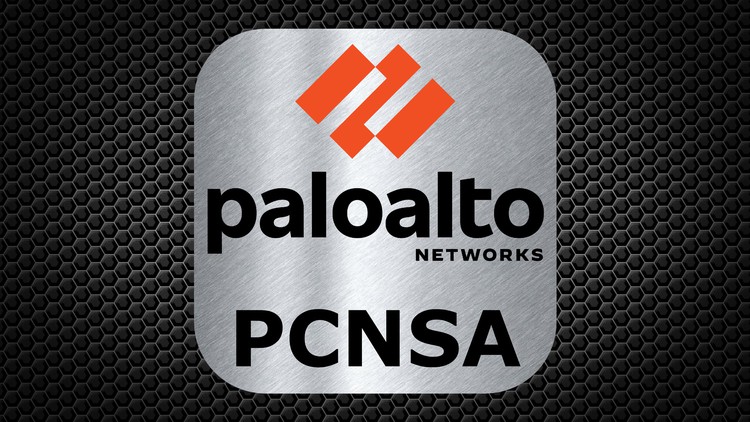English, Russian, Azerbaijani

₼500.00
₼650.00Upon completion of the course, students are awarded a certificate
Demonstrate knowledge of firewall management interfaces
Management interfaces Methods of access Access restrictions Identity-management traffic flow Management services Service routes
Provision local administrators
Authentication profile Authentication sequence
Maintain firewall configurations
Running configuration Candidate configuration Discern when to use load, save, import, and export
Schedule and install dynamic updates
Create and apply security zones to policies
Identify zone types External types Layer 2 Layer 3 TAP VWire Tunnel
Identify and configure firewall interfaces
Different types of interfaces How interface types affect Security policies
Maintain and enhance the configuration of a virtual or logical router
Steps to create a static route How to use the routing table What interface types can be added to a virtual or logical router How to configure route monitoring
Create and maintain address and address group objects
How to tag objects Differentiate between address objects Static groups versus dynamic groups
Create and maintain services and service groups
Develop the appropriate application-based Security policy
Create an appropriate App-ID rule Rule shadowing Group rules by tag The potential impact of App-ID updates to existing Security policy rules Policy usage statistics
Differentiate specific security rule types
Interzone Intrazone Universal
Configure Security policy match conditions, actions, and logging options
Application filters and groups Logging options App-ID User-ID Device-ID Application filter in policy Application group in policy EDLs
Identify and implement proper NAT policies
Destination Source
Optimize Security policies using appropriate tools
Policy test match tool Policy Optimizer
Compare and contrast different types of Security profiles
Antivirus Anti-Spyware Vulnerability Protection URL Filtering WildFire Analysis
Create, modify, add, and apply the appropriate Security profiles and groups
Antivirus Anti-Spyware Vulnerability Protection URL Filtering WildFire Analysis Configure threat prevention policy
Use information available in logs
Traffic Threat Data System logs
Create and deploy URL-filtering-based controls
Apply a URL profile in a Security policy Create a URL Filtering profile Create a custom URL category Control traffic based on a URL category Why a URL was blocked How to allow a blocked URL How to request a URL recategorization
Differentiate between group mapping and IP-to-user mapping within policies and logs
How to control access to specific locations How to apply to specific policies Identify users within the ACC and the monitor tab
What is Palo Alto Networks?
Palo Alto Networks' core product offering is the Next Generation Firewall (NGFW), which uses a combination of advanced technologies to provide comprehensive network security. These technologies include deep packet inspection, intrusion prevention, and threat intelligence. NGFW is designed to protect against a wide range of cyber threats, including malware, phishing attacks and advanced persistent threats.
Palo Alto Networks technology is highly integrated and automated. The Palo Alto Networks product portfolio consists of many separate technologies that work together to prevent successful cyber attacks.
What is Palo Alto Networks (PCNSA) certification?
Those who earn the Palo Alto Networks Certified Network Security Administrator (PCNSA) certification demonstrate their ability to manage the Palo Alto Networks firewall to protect networks from advanced cyber threats. To protect PCNSA networks, Palo Alto Networks focuses on installing, maintaining and managing next-generation firewalls – so no matter your role or responsibility, with PCNSA training you'll understand how to use Palo Alto's advanced tools to protect networks from emerging cyber threats. If you need ideas for navigating firewalls in Palo Alto's security operating system, extensive knowledge of digital security is not a prerequisite for PCNSA training, and you'll be a more proficient user of any network protected by Palo Alto.
Successful candidates will have the knowledge and skills necessary to implement Palo Alto Networks next-generation firewall PAN-OS platform in any environment.
For whom it is intended ?
Students studying in the field of IT and those who want to build a career in this field
IT Technical support staff
To employees of IT Network engineers
IT Network security staff
IT Security Operations (SOC) staff